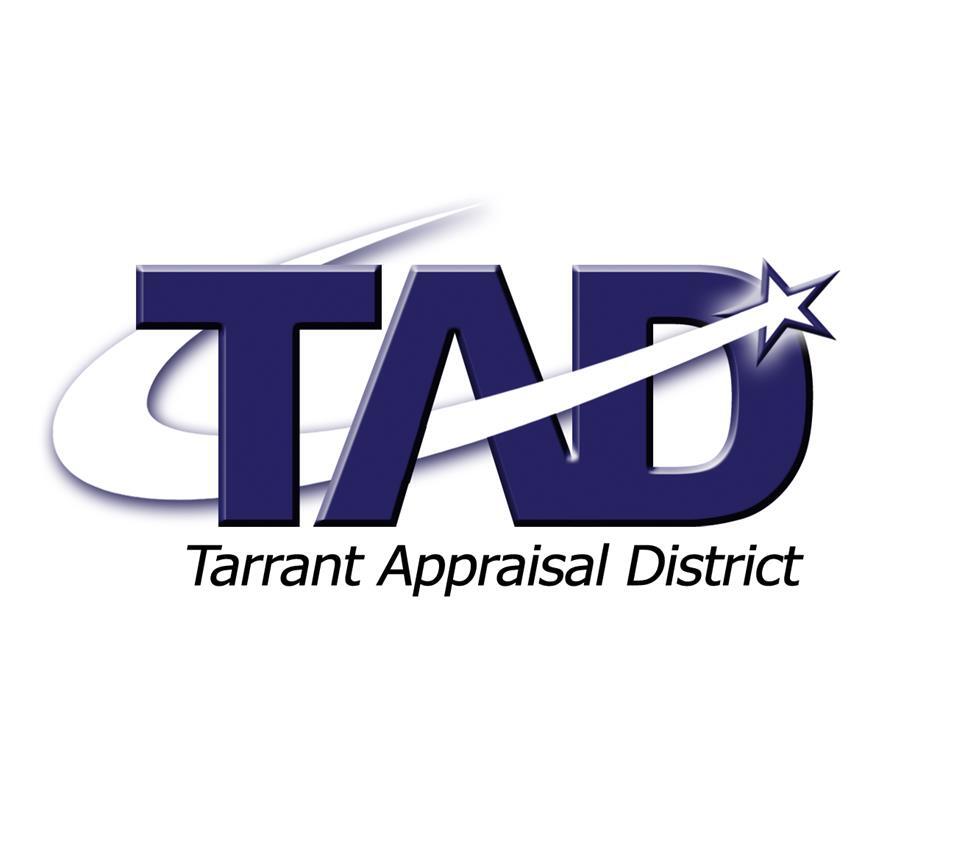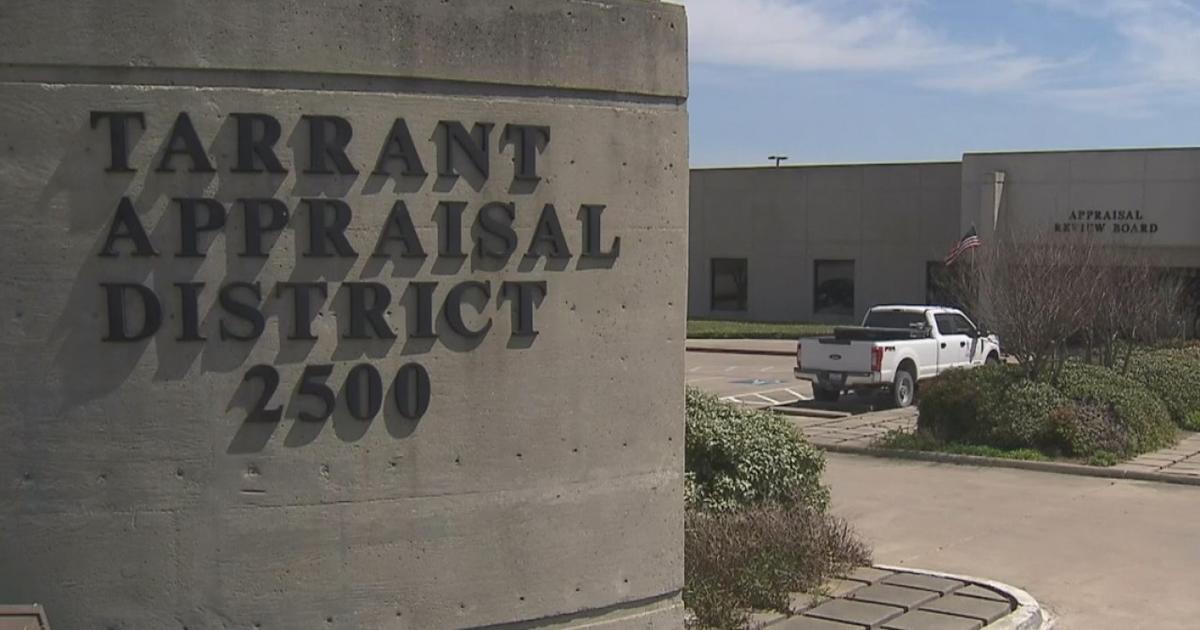Tarrant County appraisal is a critical process that affects property owners across the region. Whether you're a homeowner, investor, or business owner, understanding how property values are assessed can significantly impact your financial decisions. In this comprehensive guide, we'll explore everything you need to know about Tarrant County's appraisal process, its implications, and how to navigate it effectively.
Tarrant County, located in the heart of Texas, is home to a thriving real estate market. As property values continue to rise, the importance of accurate appraisals cannot be overstated. From determining property taxes to influencing market trends, the appraisal process plays a pivotal role in shaping the local economy.
This article will provide you with an in-depth understanding of Tarrant County appraisal, including its procedures, key players, and strategies to ensure fair assessments. By the end, you'll be equipped with the knowledge to protect your property interests and make informed decisions.
Read also:Darlene Mowry Husband A Comprehensive Look Into Her Personal Life And Journey
Table of Contents
- Introduction to Tarrant County Appraisal
- Biography of Tarrant County Appraisal District
- Key Players in the Appraisal Process
- How Property Appraisals Are Conducted
- Common Factors Affecting Property Values
- Understanding Property Tax Assessments
- Challenging Property Appraisals
- Tips for Property Owners
- Future Trends in Tarrant County Appraisals
- Conclusion and Call to Action
Introduction to Tarrant County Appraisal
Tarrant County appraisal serves as the foundation for property tax assessments in the region. The primary objective of the appraisal process is to determine the fair market value of properties, ensuring equitable taxation for all property owners. This process involves a detailed evaluation of various factors, including location, property size, and market conditions.
The Tarrant County Appraisal District (TCAD) plays a central role in managing these assessments. Established to oversee property valuation, TCAD ensures transparency and accuracy in the appraisal process. Understanding the district's role and procedures is essential for property owners seeking to navigate the complexities of property taxation.
Additionally, staying informed about appraisal trends and regulations can help property owners advocate for fair assessments. By familiarizing yourself with the appraisal process, you can actively participate in shaping the future of property taxation in Tarrant County.
Biography of Tarrant County Appraisal District
The Tarrant County Appraisal District (TCAD) was established to provide a standardized and equitable system for property valuation. Below is a brief overview of TCAD's history and operations:
Overview of TCAD
Founded in accordance with Texas state laws, TCAD is responsible for appraising all properties within Tarrant County. Its mission is to ensure accurate and fair property assessments, promoting transparency and trust among property owners.
Data and Biodata
| Attribute | Details |
|---|---|
| Year Established | 1982 |
| Location | Tarrant County, Texas |
| Primary Function | Property Appraisal and Tax Assessment |
| Number of Properties Appraised | Over 600,000 |
Key Players in the Appraisal Process
Several entities and individuals play crucial roles in the Tarrant County appraisal process. Understanding their functions can help property owners better navigate the system:
Read also:Office Siren Dti Revolutionizing Workplace Communication
- Tarrant County Appraisal District (TCAD): Responsible for conducting property appraisals and maintaining property records.
- Property Owners: Engaged in the process through appeals and communication with TCAD.
- Taxing Authorities: Entities such as school districts and municipalities that rely on property tax revenues.
How Property Appraisals Are Conducted
Steps in the Appraisal Process
The appraisal process involves several key steps, each designed to ensure accuracy and fairness:
- Data Collection: Gathering information about properties, including size, location, and improvements.
- Market Analysis: Evaluating current market conditions and comparing similar properties.
- Final Appraisal: Determining the fair market value based on collected data and analysis.
Common Factors Affecting Property Values
Several factors influence property values in Tarrant County:
- Location: Proximity to schools, parks, and commercial areas.
- Property Size: Larger properties typically command higher values.
- Market Trends: Economic conditions and demand for specific types of properties.
Understanding Property Tax Assessments
Property tax assessments are directly linked to appraisal values. Taxing authorities use these assessments to determine the amount of taxes owed by property owners. Understanding how assessments are calculated can help property owners budget effectively.
Calculation of Property Taxes
Property taxes are calculated using the following formula:
Property Tax = Assessed Value × Tax Rate
Challenging Property Appraisals
Property owners have the right to challenge appraisal values they believe are inaccurate. The process involves submitting an appeal to the Appraisal Review Board (ARB) and providing evidence to support your case.
Steps to File an Appeal
- Review your appraisal notice and gather relevant documentation.
- Submit a written protest to the ARB within the specified timeframe.
- Attend a hearing to present your case and negotiate with TCAD representatives.
Tips for Property Owners
To ensure fair assessments and minimize property taxes, consider the following tips:
- Regularly review your appraisal notices for accuracy.
- Engage with TCAD to address any discrepancies promptly.
- Stay informed about local market trends and property tax regulations.
Future Trends in Tarrant County Appraisals
As Tarrant County continues to grow, several trends are expected to shape the appraisal landscape:
- Increased Use of Technology: Adoption of advanced data analytics and AI for more accurate appraisals.
- Focus on Sustainability: Incorporating green building practices into property valuations.
- Enhanced Transparency: Greater access to appraisal data for property owners.
Conclusion and Call to Action
Tarrant County appraisal is a vital component of the local real estate market. By understanding the appraisal process and staying informed about property values, you can protect your financial interests and make informed decisions. We encourage you to:
- Share this article with fellow property owners to spread awareness.
- Engage with TCAD to address any concerns about your property appraisal.
- Explore additional resources on our website for more insights into property management and taxation.
Together, we can ensure a fair and transparent property appraisal system in Tarrant County.

